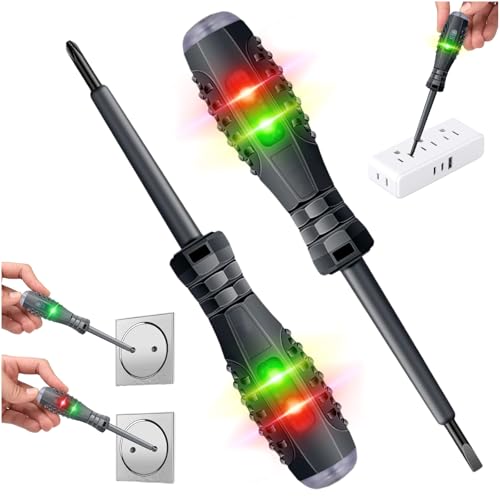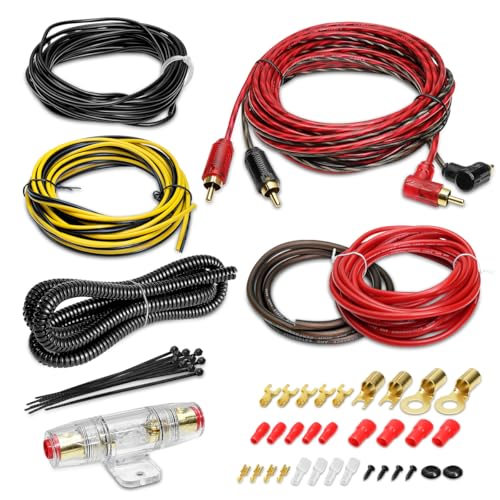Ignoring the technical aspects for a moment.
You MUST get formal written (email will do) confirmation that the supply is split phase.
Then get a screen dump of the WPD web page, or better get the confirmation of the split phase spec in the email.
Then you must get confirmation from the equipment manufacturers again in writing (email), with regard to the suitability of the equipment for the supply system.
Once you have this then you can look at the technicalities.
IF you only have single phase loads.
Then you could go the switch fuse route supplying 1ph DB's fine.
There other manufacturers kit that is rated at 490/660V a.c.
IF the kit is not suitably rated, and the supply is as suspected & you have this in writing.
Your next step should be to get copies of the original install certificates.
From there you should write to the premises owner and advise them that they should contact their solicitor to make a claim against the original installers PII as the installer was not competent as he did not select suitable equipment, thus the original design was not in compliance with BS7671, with a copy to the scheme provider if there is one.
You need to tread carefully, systematically, and ensure that you have a full electronic & "paper" trail for your actions.
It seems here that the original installer was not competent to design the system in accordance with the supply characteristics and BS7671, thus he should not be trading and acting in such a fraudulent manner.
Next step should be that the client should contact their solicitors and make a claim against the previous "undertakers" of PIR's on the premises again against their PII as they were not competent to inspect as this was not identified, in parallel a complaint must to be made to the scheme provider of the previous inspectors.
It is patently obvious that none were competent to work on this install.
Thus the client has been exposed to unnecessary risk and has been forced to trade in breach of their insurance and licencing conditions due to the incompetence of previous contractors.
The client has responsibility in law to select competent contractors, which they have not, thus the previous contractors can mitigate the situation, but, to do so would admit their own incompetence.
As soon as you have the confirmation of the situation then if, it is as suspected, you MUST write to the client and advise them of the manufacturers comments, as once these are received, then they will have confirmation that they are trading uninsured.
































































